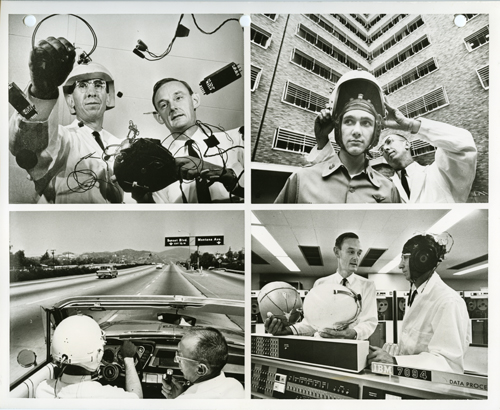David Gelernter, a computer genius with perplexing, reductive politics, believes the next wave of our online interconnectedness will see streams largely replace searches, something that has happened already to a certain extent. From his new Wired article, “The End of the Web, Search and Computer As We Know It“:
“Today’s operating systems and browsers — and search models — become obsolete, because people no longer want to be connected to computers or ‘sites’ (they probably never did).
What people really want is to tune in to information. Since many millions of separate lifestreams will exist in the cybersphere soon, our basic software will be the stream-browser: like today’s browsers, but designed to add, subtract, and navigate streams.
Searching content in a time stream is a matter of stream algebra, which is easier than the algebra of space-based structures like today’s web. Add two timestreams and get a third (simply merge the AP news feed and my friend Freeman’s blog streams into time-order); and content search is a matter of stream subtraction (simply subtract all entries that don’t mention ‘cranberries’ to yield all the entries that do). The simple, practical features of stream algebra have one huge benefit: giving us made-to-order information.
Every news source is a lifestream. Stream-browsers will help us tune in to the information we want by implementing a type of custom-coffee blender: We’re offered thousands of different stream ‘flavors,’ we choose the flavors we want, and the blender mixes our streams to order.
Every site’s content is liberated from the confines of space. It becomes part of a universal timestream. Instead of relying on Amazon the site to notify me if there’s a new Cynthia Ozick book or new books on the city of Florence, I can blend together several booksellers’ lifestreams and then apply my search since stream algebra allows any streams to be added (new and used books) and content (Florence, Ozick) to be subtracted.
E-commerce changes drastically. We shouldn’t have to work to find what’s new, yet the way the web is currently architected it’s no different logically than having to visit a thousand separate physical shops. The time-based worldstream lets us sit back instead and watch a single, customized fashion show across sites.”
Tags: David Gelernter

